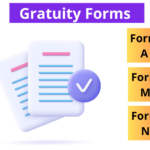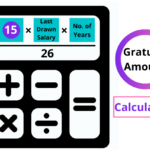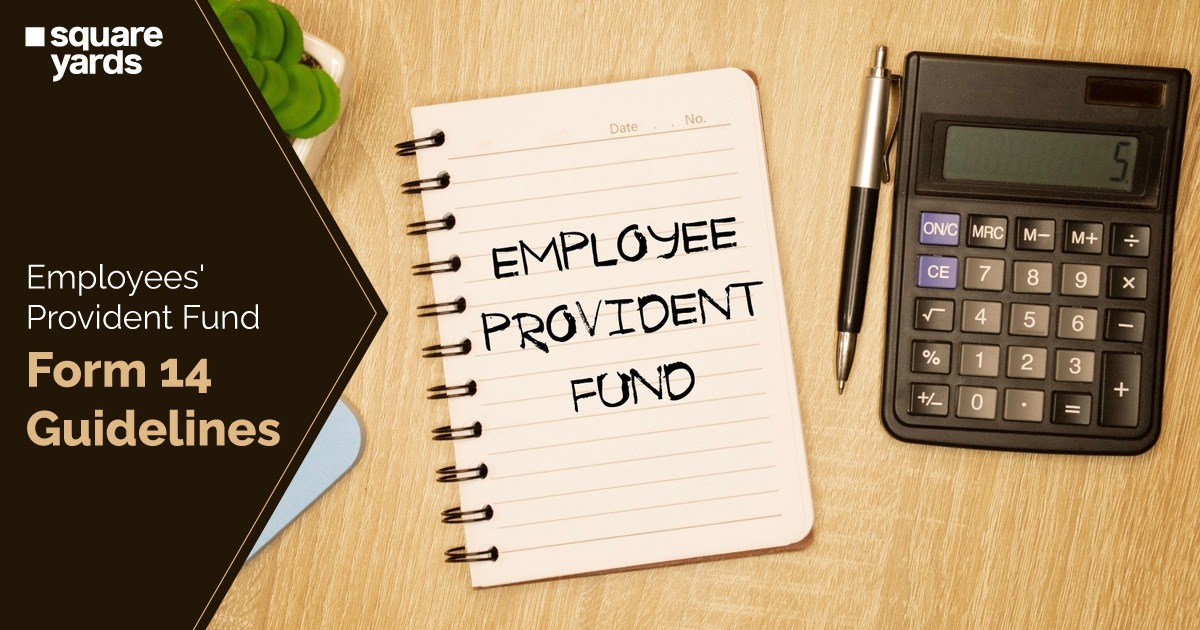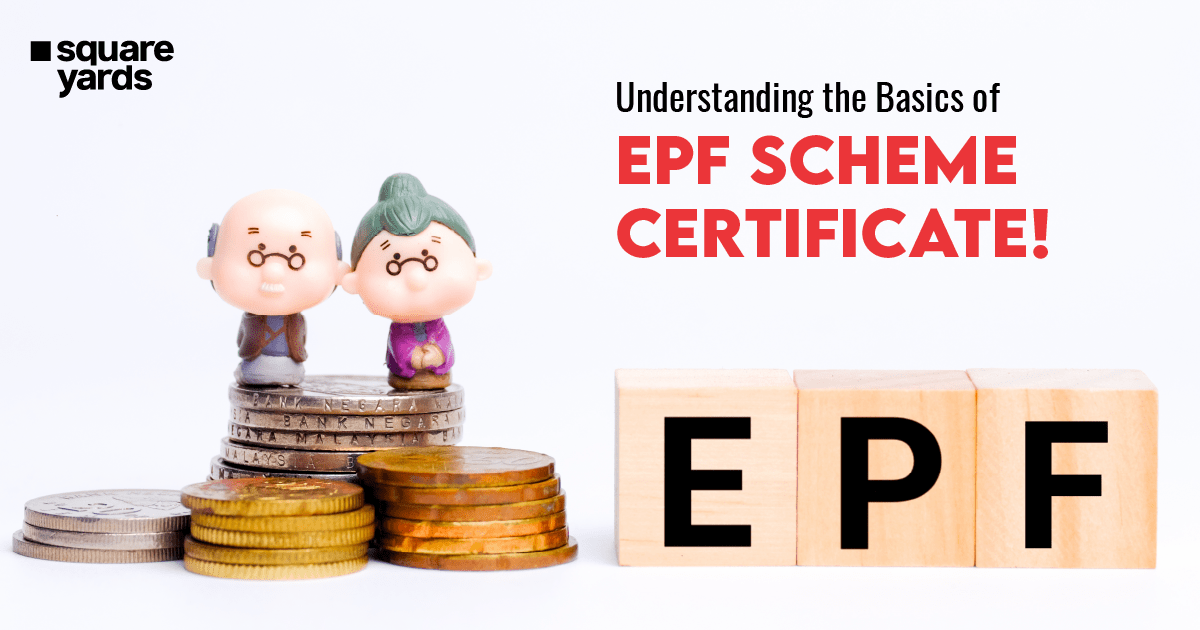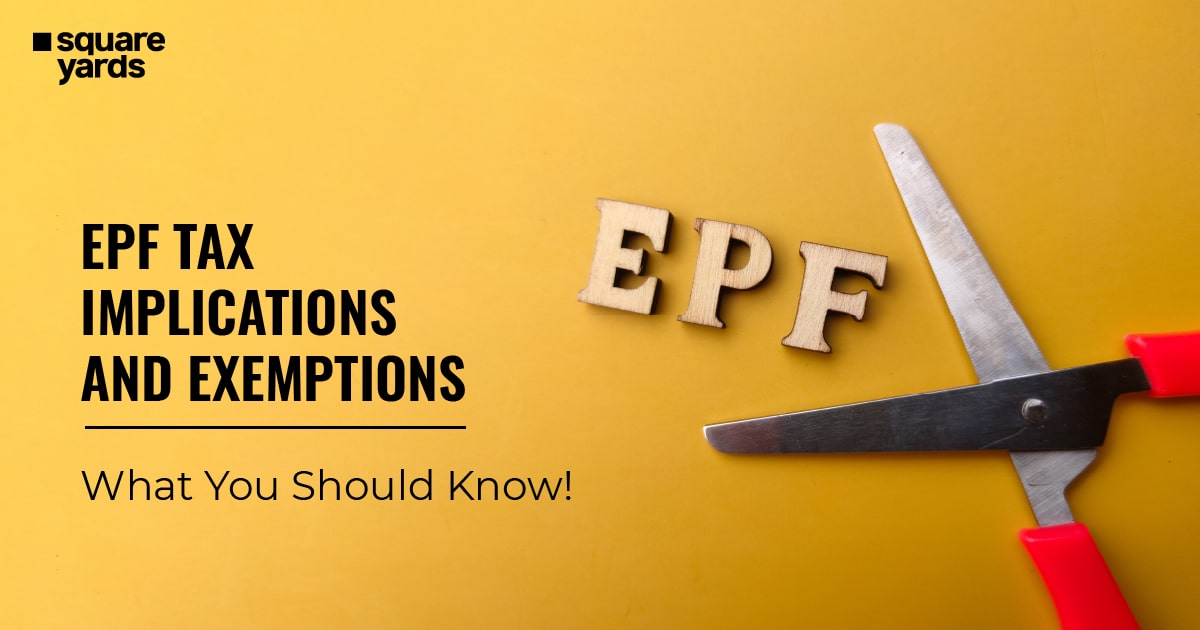Here’s good news for you if you have been working consistently in the same organisation for the last five years. You qualify for the criterion of availing Gratuity in India.
Yes, you heard it right! Gratuity is a token of appreciation that every heart desires (obviously, of a professional being). But there are certain standards that you must meet in order to receive the Gratuity amount.
To know what benchmark the Payment of Gratuity Act, 1972 has set for availing of the Gratuity amount, let’s dig deeper into this blog.
Purpose of Introducing Gratuity
To understand this, let us consider a situation.
Suppose that you worked for a total of 40 years in your lifetime, then you took retirement from your work. Have you thought about how you are going to spend your life? How are you going to sustain yourself?
Obviously, some of you might have savings, but many of you might have spent the savings on the weddings of your children, medical bills, etc. In such situations, Gratuity money could be of great help.
The concept of Gratuity and pension was introduced to help the employees after retirement. Irrespective of whether the retirement is an outcome of the superannuation rules, physical disability or impairment of the main part of the body.
A Gratuity is an amount that isn’t associated with any consideration and must be considered as a token amount given freely for an employee’s consistent service rendered to the company for more than 5 years.
Applicability of Gratuity
According to the Payment of Gratuity Act, 1972, the following entities have to pay Gratuity:
- Every factory (as defined in Factories Act), oilfield, mine, port, plantation, and railway.
- Every establishment or shop which is registered under the Shops and Establishment Act of a State.
- Any establishment that has 10 or more employees hired. Also, if more employees are hired at any time of the year.
- Once the Act has been applied, it will continue to be applicable even if the employment strength goes below 10.
Criteria for Gratuity Eligibility in India
Section 4 of the Payment of Gratuity Act, 1972, describes the Gratuity eligibility years, a person qualified for receiving a Gratuity, and the Gratuity time period. Section 4 of the Gratuity Act is completely focused on the payment of Gratuity.
The rules under this section are as follows:
Availing of Gratuity Amount
An employee must receive Gratuity on the termination of his employment after he had dedicatedly served the organisation for not less than five years –
- on his resignation or retirement
- on his superannuation, or
- on his disablement or demise caused due to disease or accident:
Given that the employee doesn’t need to serve continuously for five years if the employee’s service has been terminated due to his demise or death:
Provided further: In case of the employee’s demise, the employer has to pay the Gratuity amount payable to him to his nominee. However, if the employee hasn’t nominated anybody as his heirs, and if the heir is minor, then his shares have to be submitted with the controlling authority.
Further, the authority will invest that amount for the benefit of the minor in banks or other financial institutions, as may be defined until the minor attains the age of 18.
The section further continues and defines several circumstances and ways in which the Gratuity money will be payable and not payable to employees.
Don’t Miss it!
| Gratuity Calculator | Online Gratuity Calculator to find the Gratuity |
| Gratuity in Salary | What is Gratuity in Salary and How to Calculate? |
| Gratuity Payment | Payment of Gratuity Act, 1972: Rule, Advantages, Goal |
| Gratuity Rules | What is the Rule of Gratuity? |
| Gratuity Form | A Guide to Take You Through Each of the Form’s Usage |
| Gratuity Amount | How to Calculate Gratuity Amount? |
Gratuity Period in Case of Piece-Rated Employees
The employer must pay Gratuity for every year of tenure the employee has completed or part thereof in excess of six months that depends on the rate of wages the concerned employee has drawn:
Provided that: If it’s a monthly rated employee, the daily wages must be calculated on the average of the total wages the employee receives for three months immediately following his employment termination, and, for the same cause, the salary paid for any overtime work must not be considered:
Moreover, if an employee has been hired in a seasonal establishment and who is so hired throughout the year, the employer has to pay the Gratuity at the rate of seven days for every season.
Explanation:
For a monthly rated employee, the fifteen days salary must be computed by dividing the monthly rate of wages last drawn by him by twenty-six and multiplying the quotient by fifteen.
Gratuity Amount
The amount of Gratuity paid to any employee must not exceed three lakhs and fifty thousand rupees (₹ 3,50,000).
Consideration While Calculating Gratuity for Disabled Employee
To calculate the Gratuity amount to be paid to an employee employed on reduced wages after he got disabled, his wages for the time before his disablement must be taken into consideration.
Moreover, his income for the time following his disablement must be taken into consideration.
Right of an Employee
Sub-section 5 of Section 4 of the Gratuity Act states that no elements in this section should affect an employee’s right to obtain better terms of Gratuity amount under any contract or award or agreement with the employer.
Gratuity Payable Conditions
Despite anything contained or specified in sub-section (1),-
- If the employee’s services have been terminated for any act, negligence or omission, creating any loss or damage to, or destruction of, property owned by the employer, it must be forfeited to the limit of the loss or damage so caused.
- The Gratuity that the employee is entitled to receive may be partially or wholly forfeited.
- i) In case the services of such employee have been discontinued for his disorderly conduct or riotous conduct or any other violent act on his part, or
- ii) If the employment of such an employee has been terminated or discontinued for any act involving an offence constituting moral turpitude, given that such offence is done by him during his employment term.
In a Nutshell
Every working professional will receive Gratuity after 5 years of continuous service in the same organisation. There are more than one Gratuity eligibility criteria for different people working in different organisations. So, once you have completed five years of tenure in your company, you will qualify for Gratuity eligibility and will be entitled to receive the money when you resign or retire.
You can also refer to our previous blogs for Gratuity calculation and Gratuity rules for a better understanding.
FAQ’s about Gratuity Eligibility
Q1. Can I receive Gratuity before 5 years?
As per the rules, you have to complete five years of service to be eligible for receiving a Gratuity.
Q2. Is 4 years 7 months eligible for Gratuity?
If your employer is covered under the Gratuity Act, you can receive Gratuity after you have served for 4 years and 7 months. It will be counted as 5 years. However, if your employer is not covered under the Gratuity Act, 1972, then you would have to complete a total of 5 years to be entitled to receive Gratuity. In such a case, 4 years 7 months won’t qualify.
Q3. How much Gratuity is received after serving for 5 years in the same organisation?
If you have completed 5 years, then the Gratuity payable would be 12 months basic salary. Put the value of your basic salary in the Gratuity calculation formula, and the result would be your answer.







